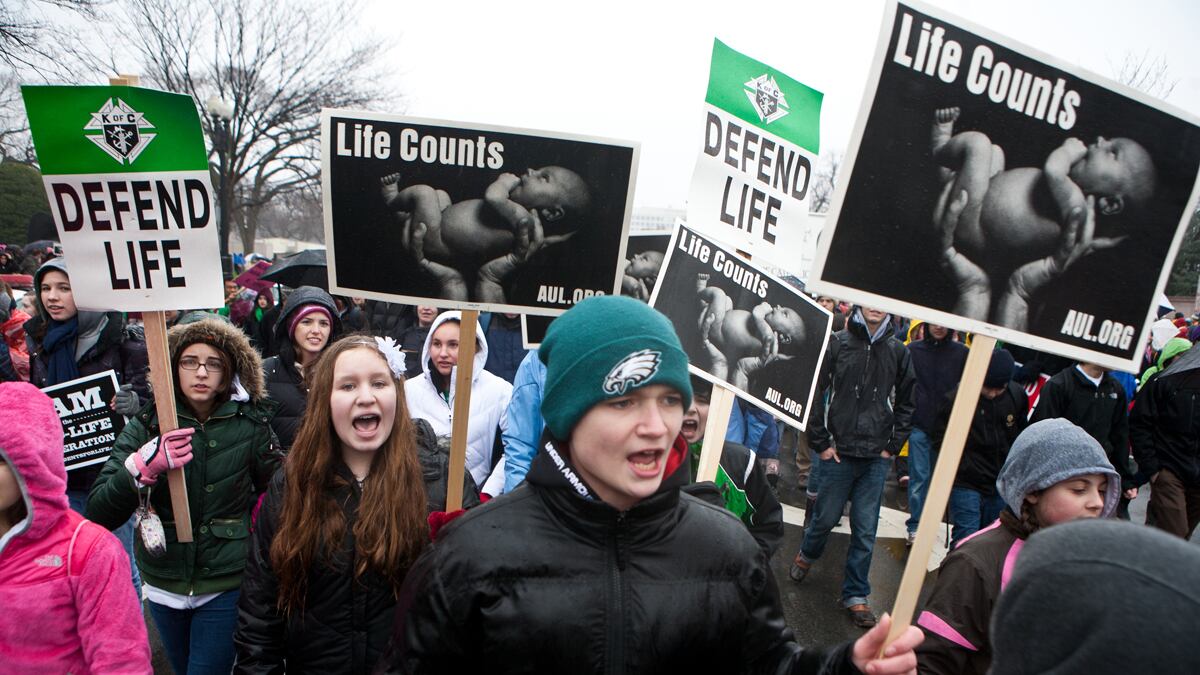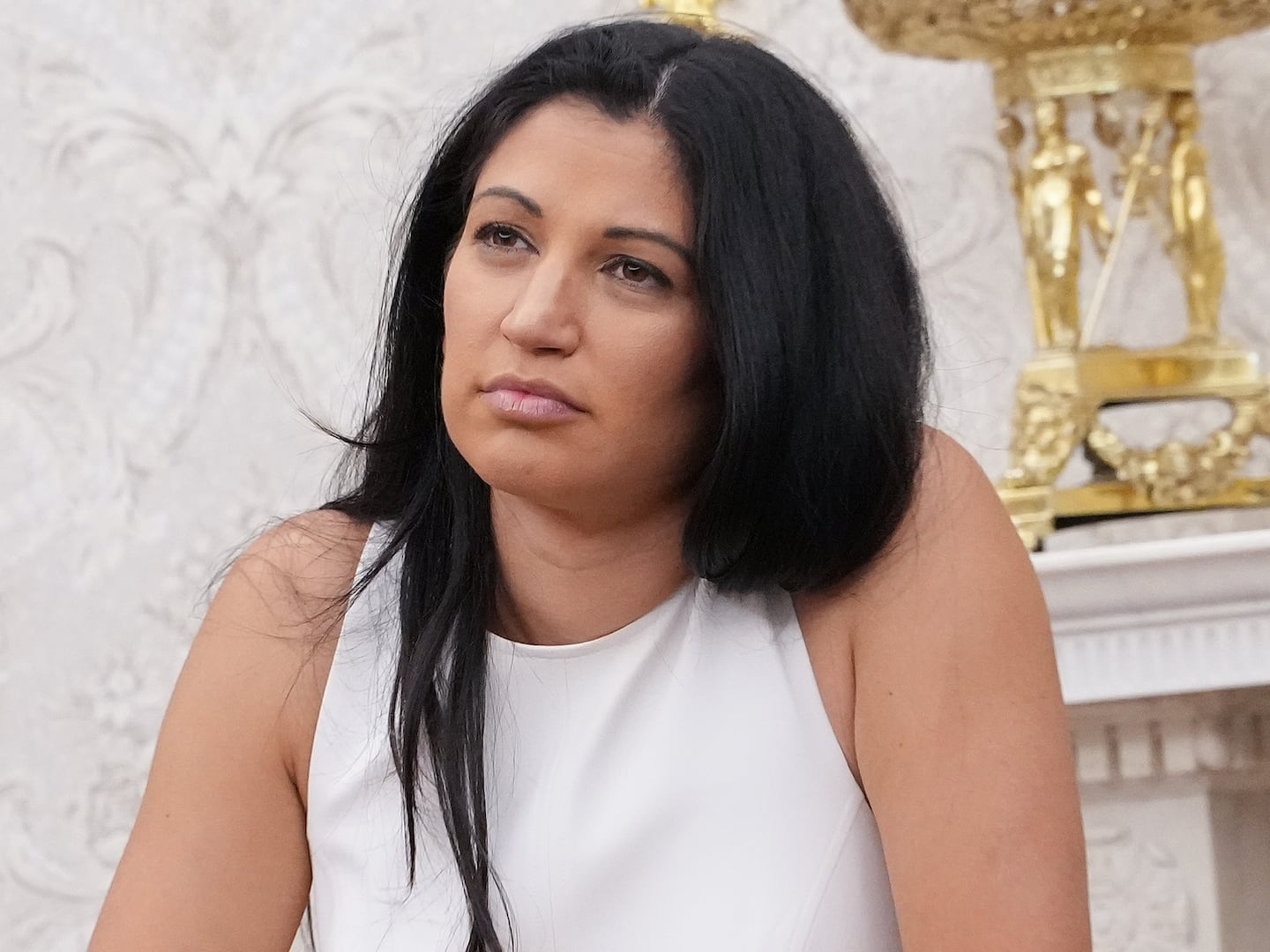Leaders of the “personhood” movement—which seeks to ban abortion by defining human embryos as people with legal rights—said Monday that they had collected enough signatures in Colorado to put an amendment on the state ballot this fall. The signatures now need to be counted and verified by state officials.

Personhood Colorado, a branch of the nonprofit Personhood USA—which is pushing for bills and ballot initiatives across the country—said in a statement that it had submitted 112,121 signatures to officials and that 86,105 were required to make the ballot. Personhood amendments have made it on to the Colorado ballot twice before, getting 27 percent of the vote in 2008 and 30 percent in 2010.
“Our opposition has built a reputation of using scare tactics to deter voters from human-life amendments,” said Keith Mason, president of Personhood USA. Critics have charged that personhood legislation would ban contraceptives and infertility treatments that can result in the destruction of embryos.
Mason disputes these claims. He has said he does “not oppose contraceptives,” but methods that “kill a living human being.” In other words, he opposes methods that prevent an egg from implanting in the womb after fertilization, as he believes life begins at fertilization. The morning-after pill and copper IUD can prohibit implantation, according to the FDA, although the science behind this has been contested. As for infertility treatments such as in-vitro fertilization, Mason has said he doesn’t think they should be banned, but “reformed” so that embryos aren’t discarded.
Mason said the wording of the proposed amendment in Colorado makes these points clear. “Now that we have specifically outlined the effects of the amendment within the law, we believe that Colorado voters will not be intimidated by those who profit from abortion,” he said.
Opponents including Planned Parenthood, the American Civil Liberties Union, and the Center for Reproductive Rights have been fighting personhood efforts around the country, launching lawsuits against ballot initiatives and extensive campaigns, most notably in Mississippi last year, when a personhood amendment made the ballot there. The amendment looked set to pass about a week before the vote, but a coalition of pro-choice groups knocked on doors and made hundreds of thousands of phone calls to local citizens to fight it.
On Monday, Planned Parenthood said in a statement on the Colorado news: “For the third time in the past consecutive general elections, Planned Parenthood of the Rocky Mountains today vowed to defeat the so-called personhood initiative. ‘Personhood’ amendments ban all abortion, specifically for victims of rape and incest. Personal, private medical decisions would be taken out of a woman’s hands, and controlled by politicians and the government … These decisions are best left to a woman, her family, and her faith.”
Earlier this summer, personhood ballot initiatives in Ohio and Montana failed to collect enough signatures to make the fall ballots. Last week, Personhood USA said it had filed a petition with the U.S. Supreme Court to consider an appeal of an Oklahoma court ruling against a personhood ballot initiative in that state.
The personhood movement has ignited both sides of the abortion debate. It also has sparked disagreement within the pro-life community itself, with some pro-lifers preferring to chip away at abortion through gradual restrictions, such as requiring women to view ultrasounds before abortion or banning abortion at the 20th week after conception. That approach has been meeting with success: last year, states enacted a record 135 abortion restrictions, according to the Guttmacher Institute, a research group that focuses on reproductive rights. Mason has said his group has more than 80,000 volunteers across the country and that he "won't go down without a fight."






